Debate Intensifies: Macron's Party Pushes For Public Hijab Ban For Under 15s

Table of Contents
The Proposal: Key Details of the Proposed Hijab Ban
The proposed legislation aims to prohibit girls under 15 from wearing the hijab in public spaces across France. While the exact wording is still under debate, the core elements appear to include:
- Geographic scope of the ban: The ban would likely apply nationwide, impacting all public spaces including schools, streets, and public transportation.
- Age restrictions and exceptions: The proposed age limit is 15, though potential exceptions for religious ceremonies or private events might be considered. However, these exceptions would likely be very limited and strictly defined.
- Proposed penalties for violations: Penalties could range from fines for parents or guardians to potential legal action against individuals deemed to be coercing minors. Enforcement mechanisms and specifics remain unclear.
- Enforcement mechanisms and responsibilities: The responsibility for enforcement would likely fall upon law enforcement agencies, but the practical implementation poses significant challenges.
- Legal challenges anticipated: Given the constitutional implications and potential infringement on fundamental rights, significant legal challenges are anticipated if the bill passes into law. The proposal is expected to face intense scrutiny in the courts.
Arguments in Favor of the Hijab Ban for Minors
Supporters of the ban frame their arguments around the protection of minors and upholding French secular values (laïcité). Their key justifications include:
- Protection of minors from societal pressures and religious extremism: Proponents argue that the ban protects young girls from undue pressure to wear the hijab, potentially stemming from religious extremism or conservative family environments. They believe it empowers girls to make their own choices free from external influence.
- Emphasis on French secular values (laïcité) and national identity: The proposal is seen by some as reinforcing the principle of secularism, a cornerstone of French identity. They believe that the state has a role in protecting its citizens from religious influence, especially on vulnerable minors.
- Concerns about potential coercion and limitations on freedom of choice for young girls: Supporters argue that a young girl's decision to wear a hijab might not be truly free, potentially influenced by family or community pressure. The ban aims to prevent this kind of coercion.
- Highlighting the views of politicians and organizations supporting the ban: Politicians within Macron's party and associated organizations have presented the ban as a necessary measure to defend French values and the rights of young girls.
Arguments Against the Hijab Ban for Minors
Opponents of the proposed hijab ban strongly criticize it as a violation of human rights and religious freedom. Their counterarguments center on:
- Violation of religious freedom and discrimination against Muslim girls: Critics argue that the ban infringes upon the religious freedom of Muslim girls and their families, constituting discriminatory legislation targeted at a specific religious group.
- Concerns about stigmatization and marginalization of Muslim communities: The ban is seen as further marginalizing Muslim communities in France, creating social division and fostering resentment.
- Potential impact on the education and social integration of Muslim children: Opponents fear that the ban will negatively impact the education and social integration of Muslim children, leading to exclusion and increased social isolation.
- Highlighting concerns about state overreach and infringement on parental rights: Critics argue that the ban represents excessive state interference in family life and infringes upon parental rights to raise their children according to their religious beliefs.
- The effectiveness of the ban in achieving stated goals: Opponents question whether the ban will actually achieve its stated goals of protecting minors from coercion. They argue that it might drive the practice underground and further alienate Muslim communities.
International Reactions and Comparisons to Other Countries
The proposed hijab ban France has drawn significant international attention and criticism.
- Reactions from international organizations (e.g., UN) and other governments: International organizations like the UN have expressed concerns about the potential violation of human rights and religious freedom. Several governments have also voiced their opposition.
- Comparisons to similar legislation or debates in other nations: While some European countries have restrictions on religious attire in specific contexts (e.g., schools), the proposed French ban is far-reaching and differs significantly from other national approaches to religious expression. Many European nations have far more nuanced approaches to this complex issue.
- Highlighting different approaches to religious freedom and secularism in various countries: The debate highlights the diverse interpretations of secularism and religious freedom across the globe. France's approach stands in stark contrast to the approaches taken in many other countries, particularly those with large Muslim populations.
Conclusion
The proposed hijab ban in France for girls under 15 is a deeply divisive issue with significant implications for religious freedom, secularism, and the rights of minors. The debate highlights fundamental conflicts between societal values and individual liberties, raising crucial questions about the role of the state in regulating religious expression. Both sides present compelling arguments, making a balanced consideration vital. Understanding the complexities of the hijab ban France debate requires careful consideration of all perspectives. Further research and informed discussions are critical to finding solutions that respect both religious freedom and secular values. Stay informed on the developments regarding the France hijab ban and participate in respectful dialogues to promote understanding.

Featured Posts
-
 Escape To The Country Choosing The Right Property
May 24, 2025
Escape To The Country Choosing The Right Property
May 24, 2025 -
 Mia Farrow Visits Sadie Sink On Broadway A Photo 5162787 Moment
May 24, 2025
Mia Farrow Visits Sadie Sink On Broadway A Photo 5162787 Moment
May 24, 2025 -
 Urban Nature And Mental Health A Womans Pandemic Experience In Seattle
May 24, 2025
Urban Nature And Mental Health A Womans Pandemic Experience In Seattle
May 24, 2025 -
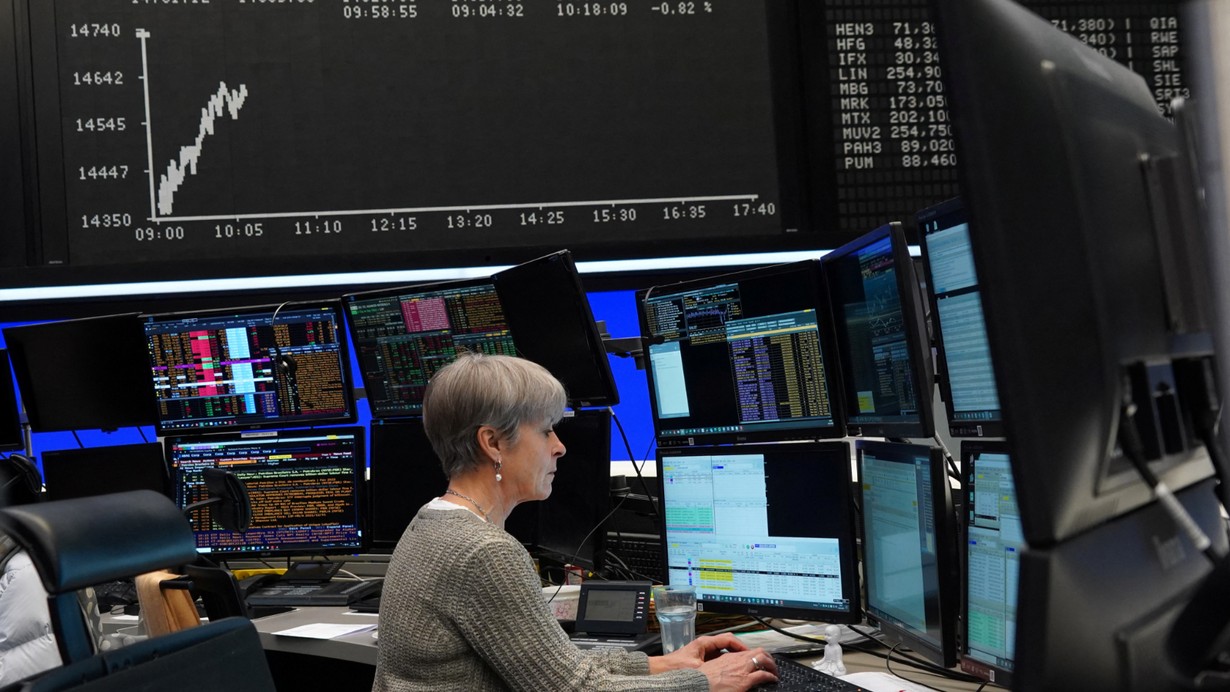 Avrupa Borsalarinda Karisik Seans Guenuen Oezeti
May 24, 2025
Avrupa Borsalarinda Karisik Seans Guenuen Oezeti
May 24, 2025 -
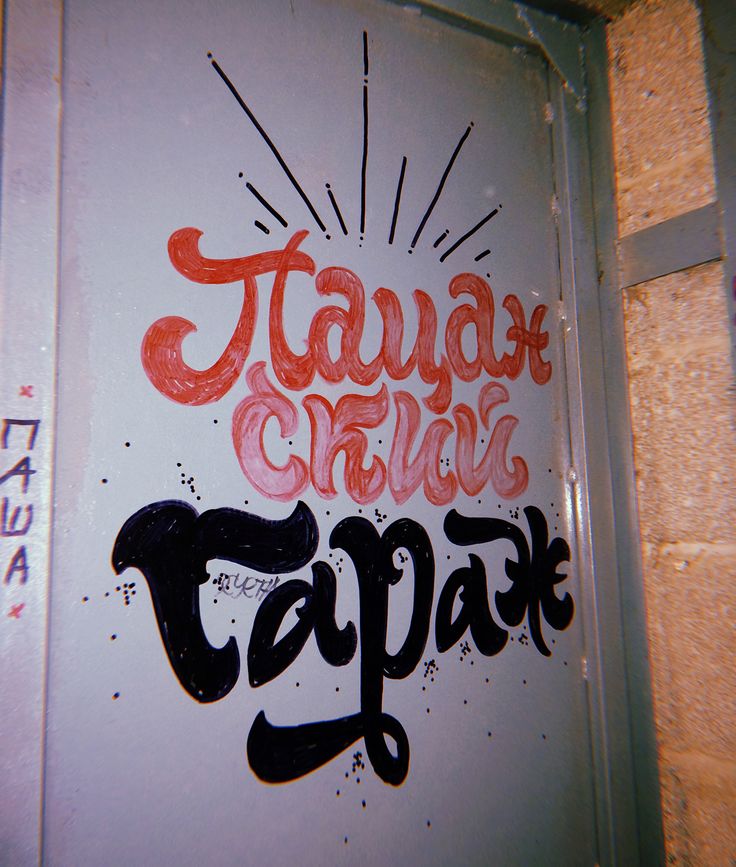 Brezhnev Ryazanov I Garazh Istoriya Satiry Pod Plenumom
May 24, 2025
Brezhnev Ryazanov I Garazh Istoriya Satiry Pod Plenumom
May 24, 2025
Latest Posts
-
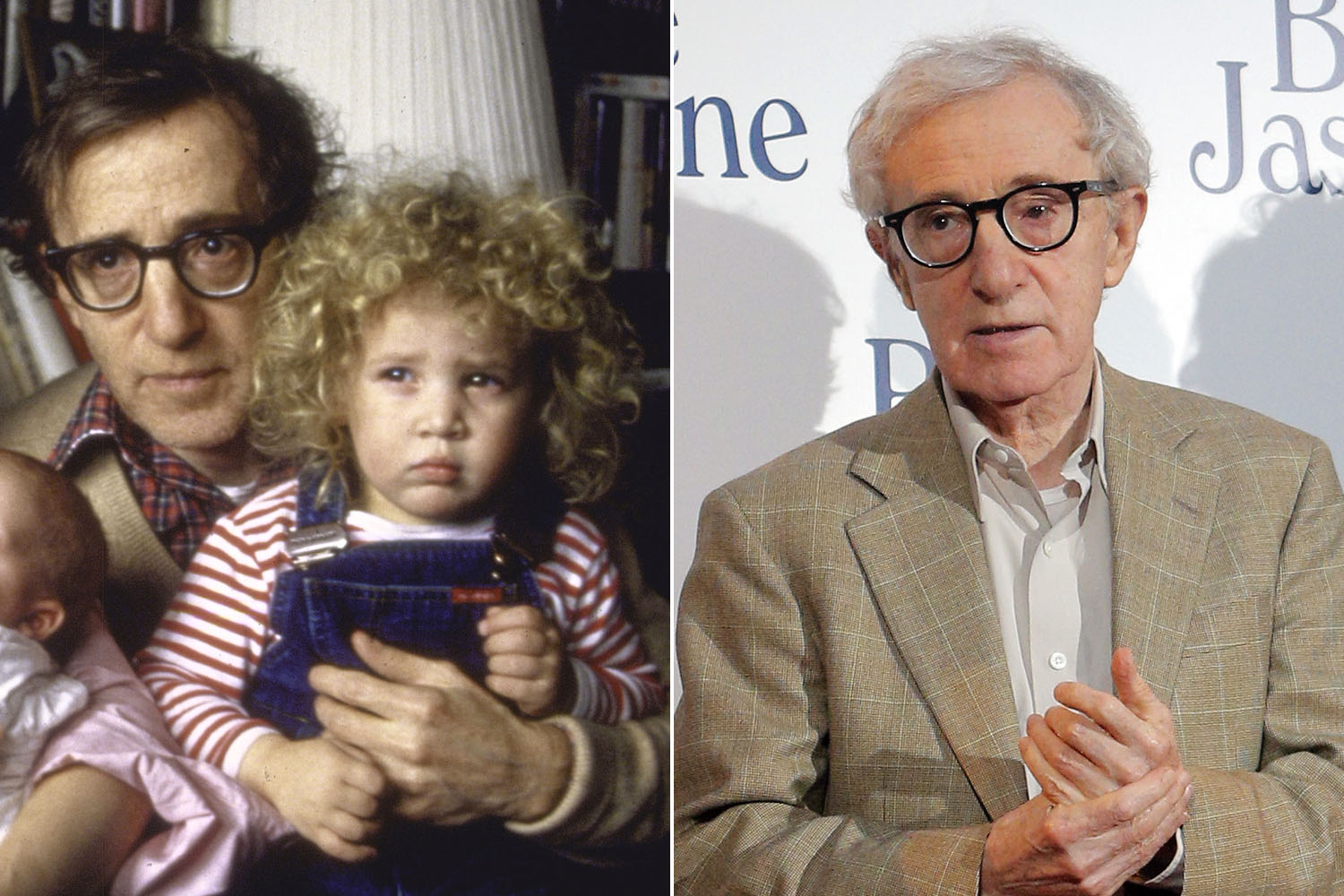 The Sean Penn Woody Allen Dylan Farrow Controversy A Closer Look
May 24, 2025
The Sean Penn Woody Allen Dylan Farrow Controversy A Closer Look
May 24, 2025 -
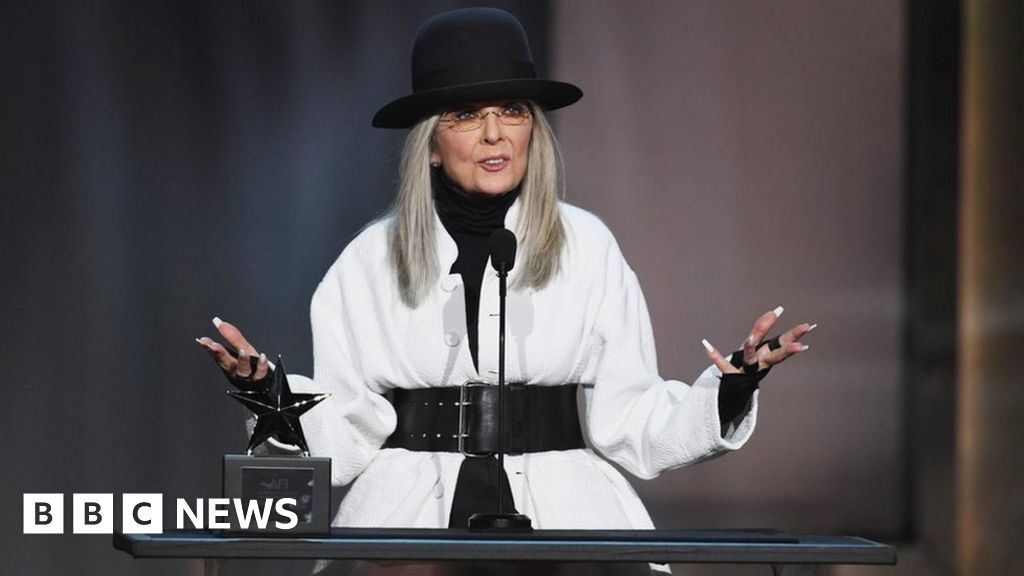 Woody Allen Sexual Assault Allegations Sean Penn Expresses Doubts
May 24, 2025
Woody Allen Sexual Assault Allegations Sean Penn Expresses Doubts
May 24, 2025 -
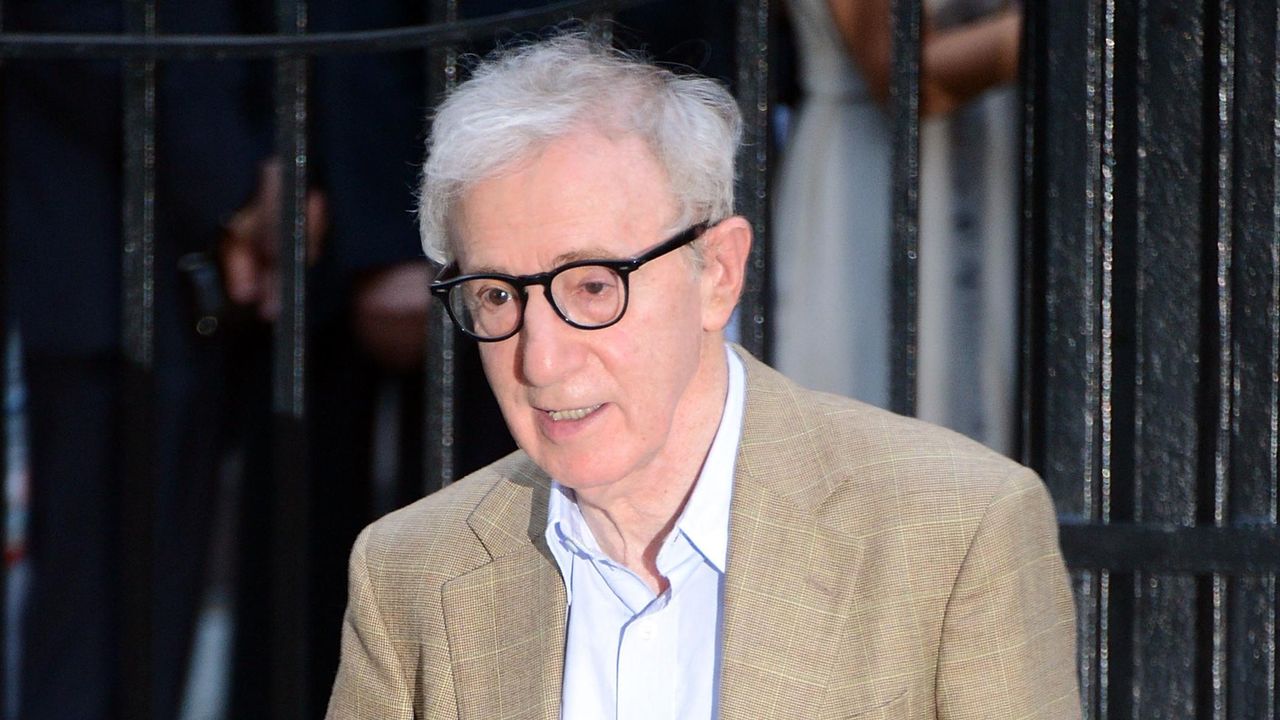 Sean Penn Challenges Dylan Farrows Accusations Against Woody Allen
May 24, 2025
Sean Penn Challenges Dylan Farrows Accusations Against Woody Allen
May 24, 2025 -
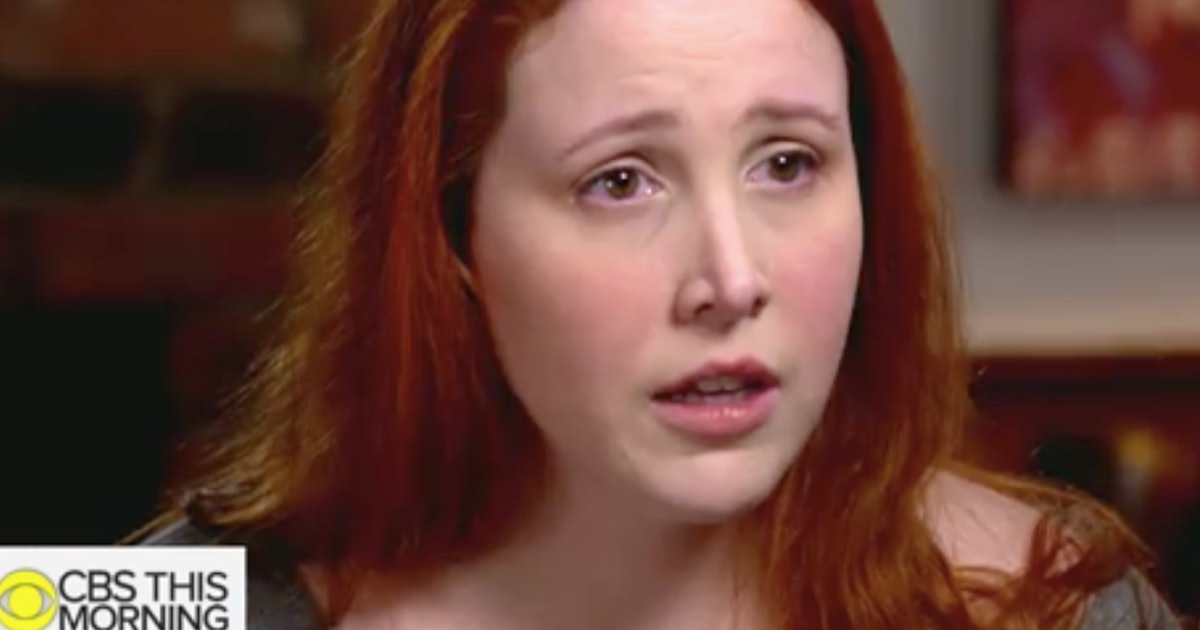 Sean Penns Response To Dylan Farrows Sexual Assault Allegations Against Woody Allen
May 24, 2025
Sean Penns Response To Dylan Farrows Sexual Assault Allegations Against Woody Allen
May 24, 2025 -
 The Dylan Farrow Case Sean Penn Casts Doubt On Accusations Against Woody Allen
May 24, 2025
The Dylan Farrow Case Sean Penn Casts Doubt On Accusations Against Woody Allen
May 24, 2025
